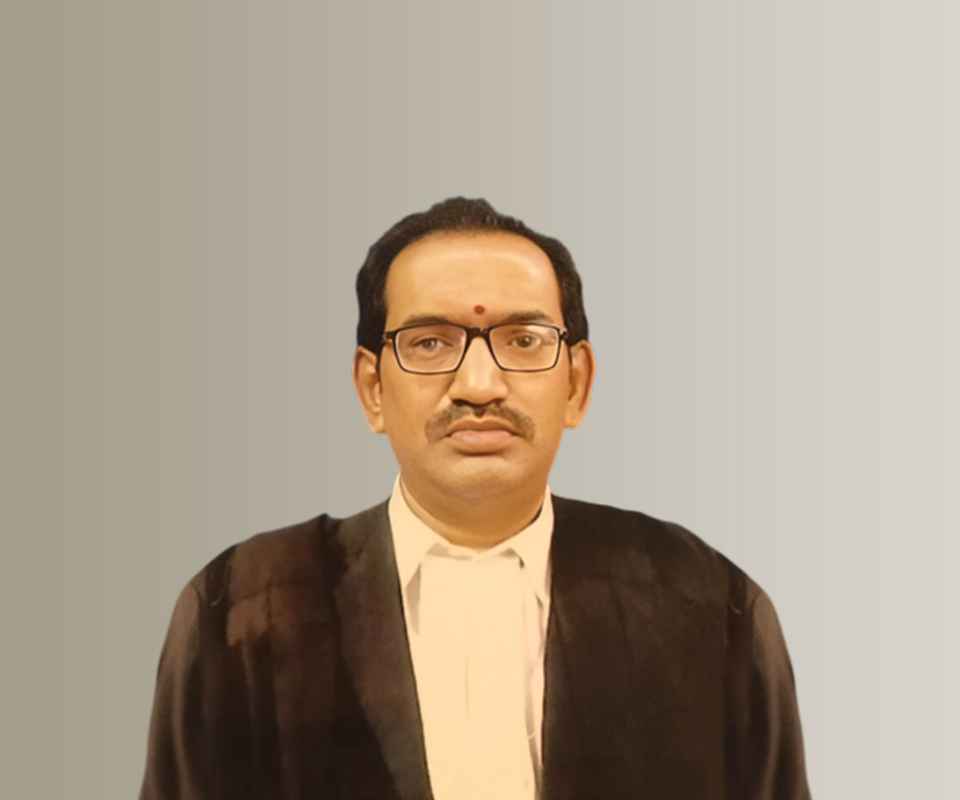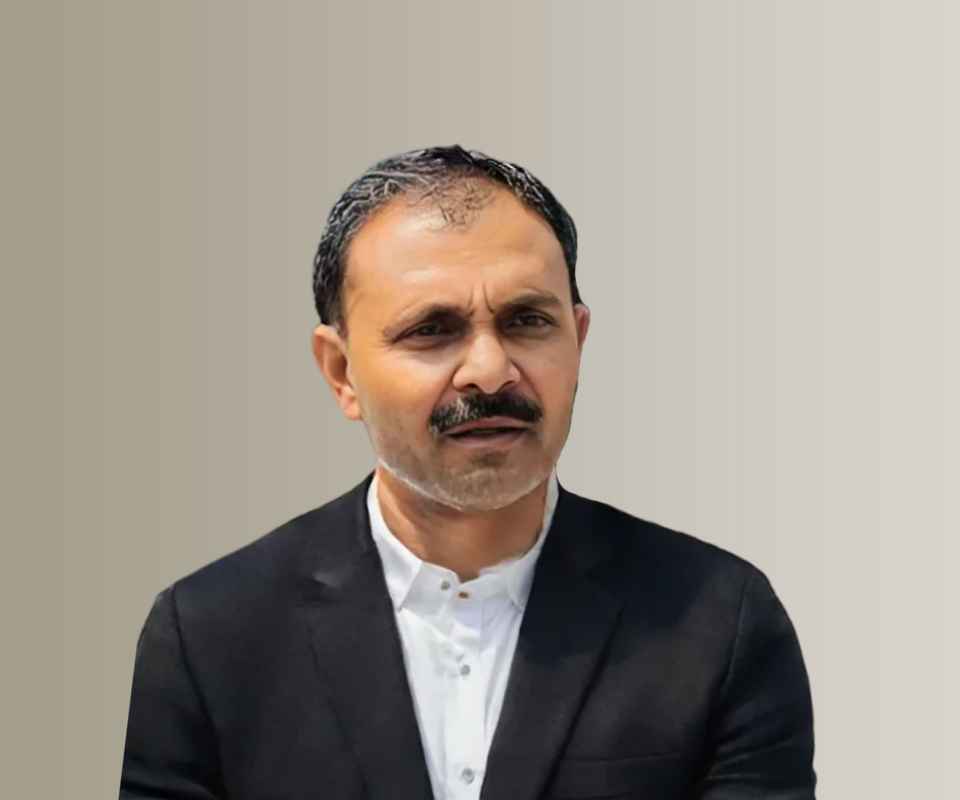Answer By law4u team
If your car insurance does not cover damages caused by a natural disaster, such as a flood, hurricane, earthquake, or hailstorm, you may be facing a challenging situation. However, there are steps you can take to address the situation and options for securing better coverage in the future.
Steps to Take if Your Car Insurance Doesn’t Cover Natural Disasters
- Review Your Policy
Start by reviewing your car insurance policy to confirm the extent of your coverage. Standard auto insurance typically covers collision and liability but may not include damage from natural disasters unless you have comprehensive coverage.- Comprehensive coverage generally protects against damages caused by natural events like floods, fires, hail, and windstorms.
- If you don't have comprehensive coverage, your insurance provider is not obligated to cover damages from natural disasters.
- Check for Other Potential Coverage
Even if your auto insurance does not cover damage from natural disasters, there may be other forms of coverage or assistance available:- Homeowners or renters insurance may cover certain storm-related damages if your car is parked at home, particularly if it’s damaged by a tree falling due to a storm.
- Flood insurance is separate from typical auto and homeowners policies and may be necessary in high-risk flood areas. Check with your insurance provider about flood coverage for your vehicle.
- File a Claim with Your Insurance Provider
If you have comprehensive coverage or any relevant add-ons, you should file a claim as soon as possible. Provide detailed information about the natural disaster and the damage caused, including photos, videos, and any reports from local authorities or emergency services about the disaster's impact.- Your insurer may assess the damage and determine if it falls under a covered event.
- Ensure you follow all claims procedures outlined in your policy, including submitting necessary documentation and meeting any deadlines.
- Consider Temporary Assistance or Relief Programs
If your insurance doesn’t cover the damage and you are left with a financial burden, explore disaster relief programs or assistance from local and federal government agencies:- FEMA (Federal Emergency Management Agency) and local government agencies may offer assistance for natural disaster victims, including potential relief for car damage in certain cases.
- Nonprofit organizations or charitable groups may also offer support for those affected by natural disasters.
- Appeal the Insurance Denial (If Applicable)
If your insurance claim is denied, and you believe that the damage should be covered under your policy, consider filing an appeal. In cases where the insurer cites policy exclusions or misinterprets your coverage, you may be able to dispute the decision:- Document the facts of the case and present any evidence that supports your argument for coverage, such as expert reports, weather documentation, or policy terms.
- If the insurer refuses to reconsider, you may have the option to take the matter to an insurance ombudsman or a consumer protection agency.
- Consult an Attorney for Insurance Disputes
If you believe the insurance company is acting in bad faith or improperly denying a valid claim, you may want to consult an attorney. Lawyers specializing in insurance disputes can help you understand your rights and guide you through the process of seeking compensation or legal remedies.- An attorney can review your policy terms and advise you on whether the insurer’s actions are legally defensible or if you should take legal action.
- Adjust Your Coverage for Future Protection
If your current policy did not cover natural disaster-related damages, it’s a good idea to review and update your coverage for future incidents.- Add comprehensive coverage: This will protect your car from a variety of risks, including those caused by natural disasters like floods, wildfires, or hailstorms.
- Consider purchasing flood insurance if you live in an area prone to flooding, as this is typically separate from standard car insurance.
- Understand your deductible: In the case of natural disasters, the deductible for comprehensive coverage may be higher, so review your options and adjust your coverage to fit your needs.
- Consider Alternative Insurance Options
Some insurers may offer specialized policies or add-ons that cover risks associated with natural disasters. For example:- Natural disaster-specific policies: Some companies offer policies or endorsements that specifically cover events like earthquakes or floods.
- Bundling options: If you are already paying for homeowners or renters insurance, consider bundling your auto insurance with the same provider to get better coverage and potentially reduce costs.
Example
Suppose a hurricane causes extensive wind and water damage to your vehicle. If you don’t have comprehensive coverage, your insurer may not cover the damages from the storm, even though the damage was caused by a natural disaster. In this case:
- You should check if your homeowners insurance covers damage from fallen trees or debris, or if any local government or FEMA assistance is available.
- If your claim is denied by your auto insurer and you believe it should be covered, you could appeal the decision or seek legal advice.
- To protect yourself in the future, consider adding comprehensive coverage to your auto insurance policy and inquire about specific natural disaster coverage options available for your area.
Conclusion
If your car insurance doesn’t cover damages caused by natural disasters, it’s important to thoroughly review your policy, consider alternative sources of coverage, and explore relief programs if needed. If you feel the denial is unjustified, you can appeal or consult legal experts. Lastly, for future protection, ensure your policy includes comprehensive coverage or specialized disaster coverage to safeguard against unexpected events like hurricanes, floods, or wildfires.







